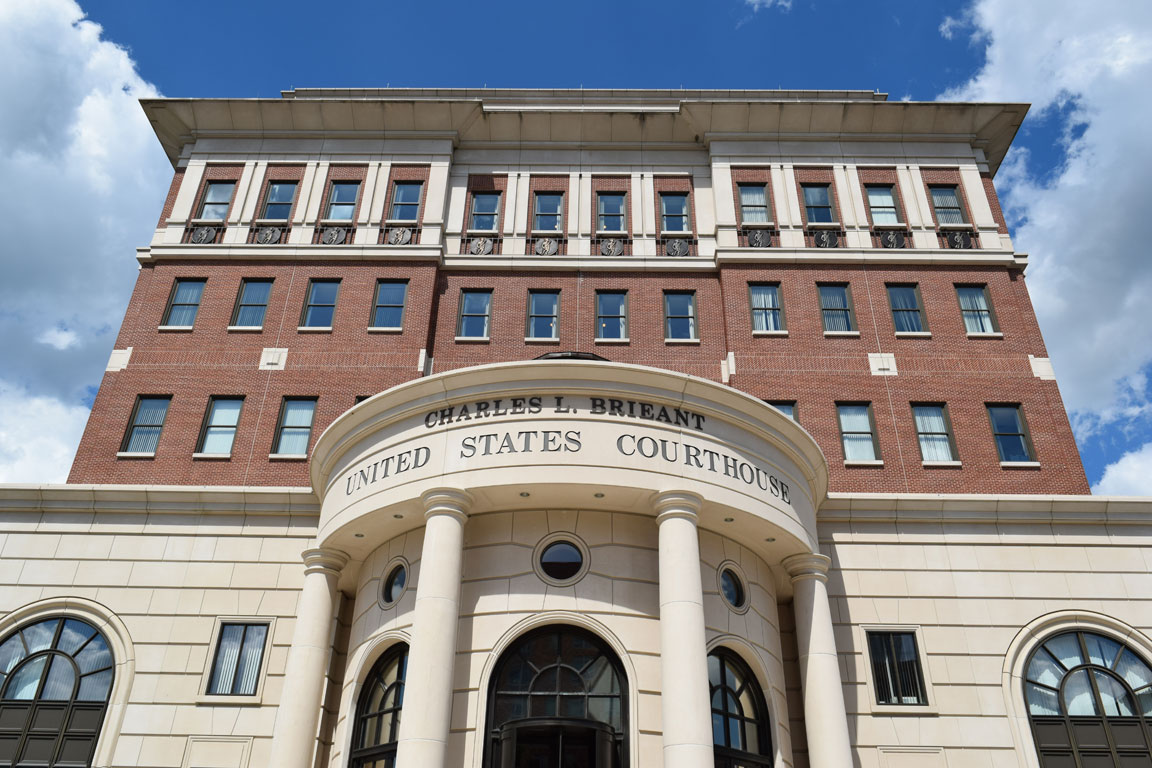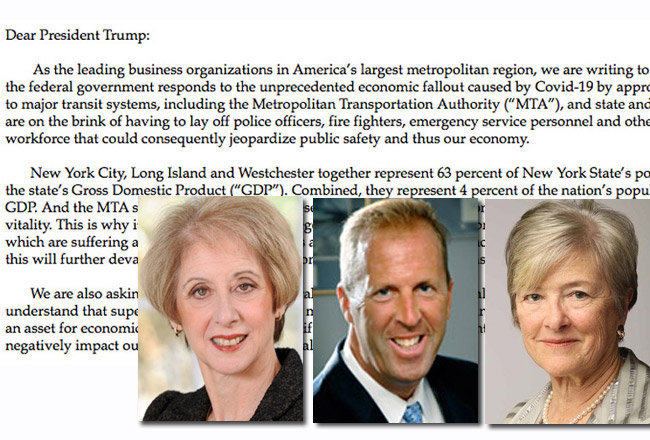Chestnut Petroleum has agreed to pay the EPA $187,500 to settle violations of underground storage tank regulations at 20 of its gas stations.
U.S. District Judge Philip M. Halpern approved the settlement Sept. 11.
 The U.S. Attorney”™s Office, acting on behalf of the Environmental Protection Agency, accused Chestnut last year of potentially endangering the public and the environment by failing to inspect petroleum leaks.
The U.S. Attorney”™s Office, acting on behalf of the Environmental Protection Agency, accused Chestnut last year of potentially endangering the public and the environment by failing to inspect petroleum leaks.
Chestnut is a family-owned enterprise based in New Paltz that operates about 200 gas stations and convenience stores in New York, New Jersey and Connecticut. Saleh El Jamal and Violet K. Jamal signed the consent decree on behalf of several Chestnut affiliates.
The decree covers gas stations in Ardsley, Eastchester, East Middletown, Gardiner, Greenburgh, Middletown, Mount Pleasant, Orangeburg, Poughkeepsie, Schenectady, Rhinebeck, Wappingers Falls, the Bronx and five New Jersey locations.
The violations occurred from 2011 to 2014 and included failures to maintain records, detect leaks and spills, inspect and test corrosion protection systems, secure closed tanks, report suspected leaks, and maintain insurance to compensate anyone harmed by accidental leaks or spills.
For instance, in 2011, Chestnut failed to inspect or report a potential leak for seven months at a Mobil station in Ardsley. Eventually, a diesel fuel leak was found and fixed more than a year after an alarm was triggered.
Chemicals in petroleum pose serious health risks, according to the government”™s complaint. Petroleum leaks can move rapidly from an underground tank to the groundwater, and vapors can contaminate nearby buildings.
Chestnut denied the allegations when it answered the charges last summer. It denied owning five of the gas stations, depicted the allegations as mostly record-keeping matters and contended that it was in full regulatory compliance.
But Chestnut acknowledged in the consent decree that it did own and operate the underground storage tanks when the violations occurred, and it accepted responsibility for the violations.
Besides paying a $187,500 civil penalty, Chestnut agreed to monitor its storage tanks, keep better records, secure tanks that are temporarily closed, report and investigate suspected leaks, and perform monthly walkthrough inspections and annual “tightness tests.”
If Chestnut complies with the terms for three years, it may ask the government to terminate the decree.





















200 stations; 20 in violation; 10% non compliance; only $187k in fines? they got off easy!
I smell corruption & fumes…